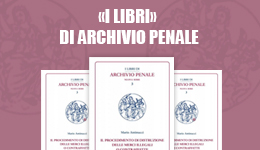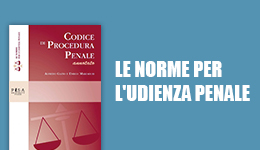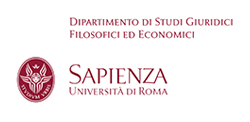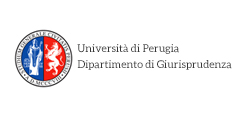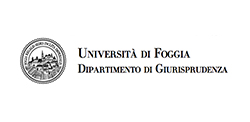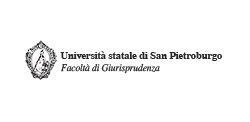L’incerta e sfuggente tipicità del traffico di influenze illecite
Archivio Penale
© dell'autore 2019
Ricevuto: 13 November 2019
| Accettato: 26 November 2019
| Pubblicato: 27 November 2019
L’intero articolo è disponibile
Riassunto
Nella nuova fattispecie del traffico di influenze illecite è stato eliminato il nesso teleologico tra l’accordo dei correi e l’atto del pubblico ufficiale contrario ai doveri d’ufficio. Essendo venuto meno l’elemento assorbente del disvalore penalistico, il fatto tipico risulta tendenzialmente carente di tipicità e offensività. Malgrado ciò, c’è spazio comunque per un’interpretazione costituzionalmente orientata della fattispecie, partendo dalla necessaria proiezione esterna dell’accordo, stipulato tra promittente e promissario, Ne consegue che la finalità dell’accordo continua a essere fondamentale per caratterizzare l’illiceità del fatto, tanto nel caso in cui il compenso pattuito sia diretto al pubblico ufficiale, quanto al promittente; in quest’ultimo caso, l’illiceità continua a investire la natura dell’atto del pubblico ufficiale.
La ratio legisdella riforma non può che individuarsi nell’ampliamento dell’ambito di punibilità; tuttavia l’abrogazione della norma incriminatrice del millantato credito rischia di avere l’effetto paradossale di sottrarre efficacia alle misure di contrasto dei fenomeni corruttivi, giacché può determinare l’omertà dei contraenti dell’accordo illecito, entrambi gravati di responsabilità penale.
The uncertain and elusive typicality of trafficking in illicit influences
The newly introduced crime of traffico di influenze illecite (illegal influence trafficking) has cancelled the teleological link between the agreement between co-perpetrators and the actions by a public official contrary to his/her official duties. Since this element absorbing the negative value, from a criminal point of view, has been removed, the typical offence tendentially lacks both specificity and offensiveness. However, there is still room for a constitutionally oriented interpretation of this crime, based on the necessary external projection of the agreement between the promisor and the promisee. It ensures that the purpose of the agreement continues to be a fundamental trait for identifying the illegal nature of the action, regardless of whether the agreed consideration is due to either the public official or the promisor; in the latter case, the illegal nature of the deed continues to affect the nature of the public official's activities.
The legal rationale of the reform consists in extending the scope of punishment; however, the repeal of the criminal law provision of millantato credito (influence peddling) paradoxically risks having the effect of demeaning the efficacy of the measures for combating corruption, because it could determine the silence of the parties to the illegal agreement, both having become criminally liable.
Percorso di valutazione
Peer reviewed. Certificazione della qualità


